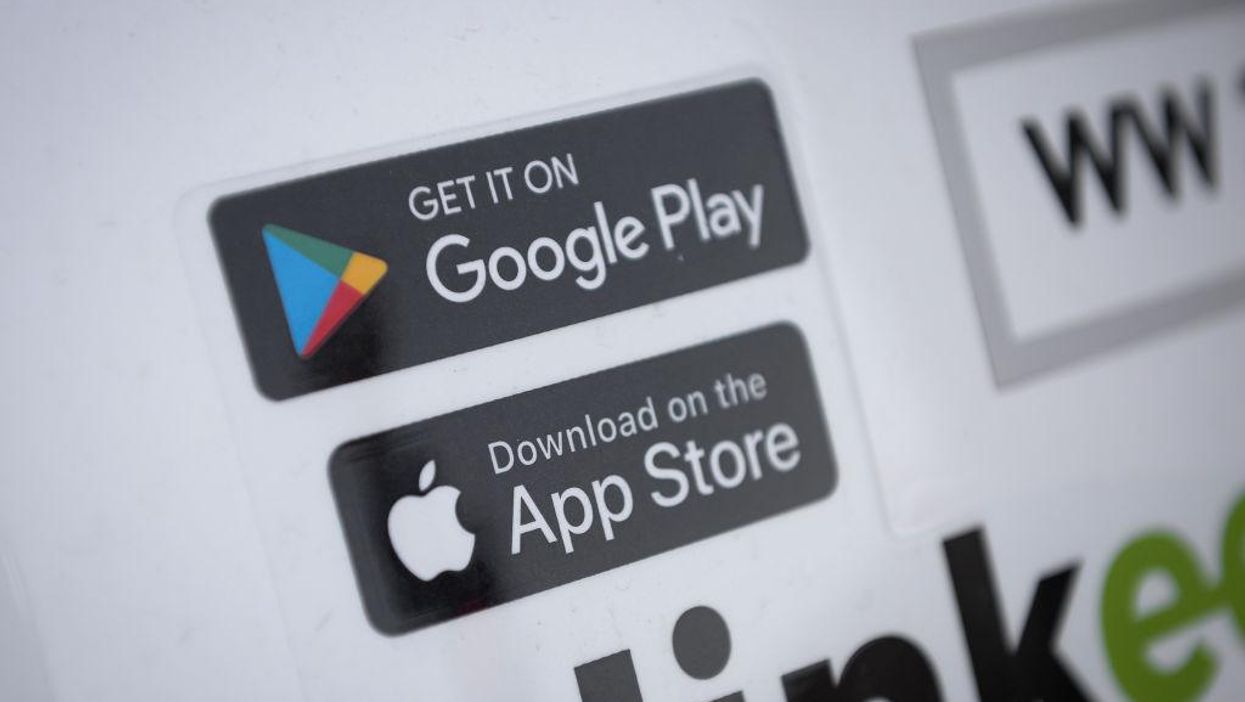
Jaap Arriens/NurPhoto via Getty Images

Outraged Robinhood customers flooded the app with negative reviews after Robinhood halted trades of GameStop and other stocks.
On Thursday, after the stock trading app Robinhood froze trades of GameStop and other "volatile" stocks, outraged customers flooded app stores to give furious one-star reviews proclaiming their displeasure. In response, Google intervened to delete the negative reviews on the Google Play Store and protect the Robinhood app's reputation.
Google confirmed that it acted to delete the negative reviews to The Verge, claiming that the dissatisfied Robinhood customers leaving negative reviews violated Google's policies by intentionally trying to drive down the app's rating. At one point Thursday, the Robinhood app had a one-star rating with 274,982 reviews. By the time The Verge published its report, approximately 100,000 reviews had been deleted and the app was back up to a four-star rating.
From The Verge:
It's not outside Google's purview to delete these posts. Google's policies explicitly prohibit reviews intended to manipulate an app's rating, and the company says it has a system that "combines human intelligence with machine learning to detect and enforce policy violations in ratings and reviews." Google says it specifically took action on reviews that it felt confident violated those policies, the company tells The Verge. Google says companies do not have the ability to delete reviews themselves.
Angry Robinhood customers began leaving negative reviews of Robinhood's app after the company acted to halt trades of certain "volatile" stocks, including GameStop, popularized on the Reddit discussion board WallStreetBets. Users who already owned these stocks were permitted to close their positions (sell their stock) but were prohibited from buying more stock. In a statement released Thursday, Robinhood said it had made the decision to freeze the trades "in light of recent volatility."
Robinhood CEO Vladimir Tenev further explained Thursday that the trades were frozen "to protect the firm and protect our customers," denying accusations made on the internet that Robinhood was acting on the behest of Wall Street hedge funds. He said that the restrictions were imposed to comply with capital requirements mandated by the SEC for stock brokers.
"We absolutely did not do this at the direction of any market maker or hedge fund ... the reason we did it is because Robinhood as a brokerage firm, we have lots of financial requirements," Tenev said on CNBC.
"We have SEC net capital requirements and clearing house deposits. So that's money that we have to deposit at various clearing houses. Some of these requirements fluctuate quite a bit based on volatility in the market and they can be substantial in the current environment where there's a lot of volatility and a lot of concentrated activity in these names that have been going viral on social media," he explained.
"We just haven't see this level of concentrated interest market wide in a small number of names before," Tenev said. "We do believe that you should be able to buy and sell the stocks that you want to."
After the closing bell Thursday, Robinhood announced that it would resume limited trading of the restricted stocks.
"We have seen unprecedented interest due to the fact that finance has been culturally relevant in a way that hasn't been before," Tenev said. "Of course, Robinhood stands for everyday investors. From the very beginning, we have stood for investors opening up access. It pains us to have had to impose these restrictions and we're going to do what we can to enable trading in these stocks as soon as we can."